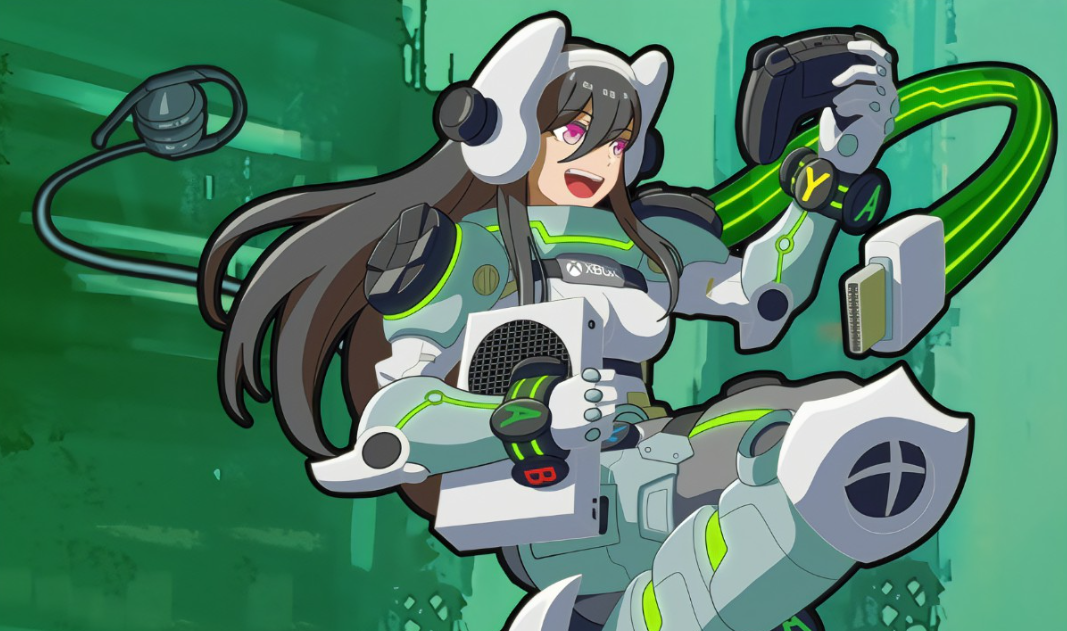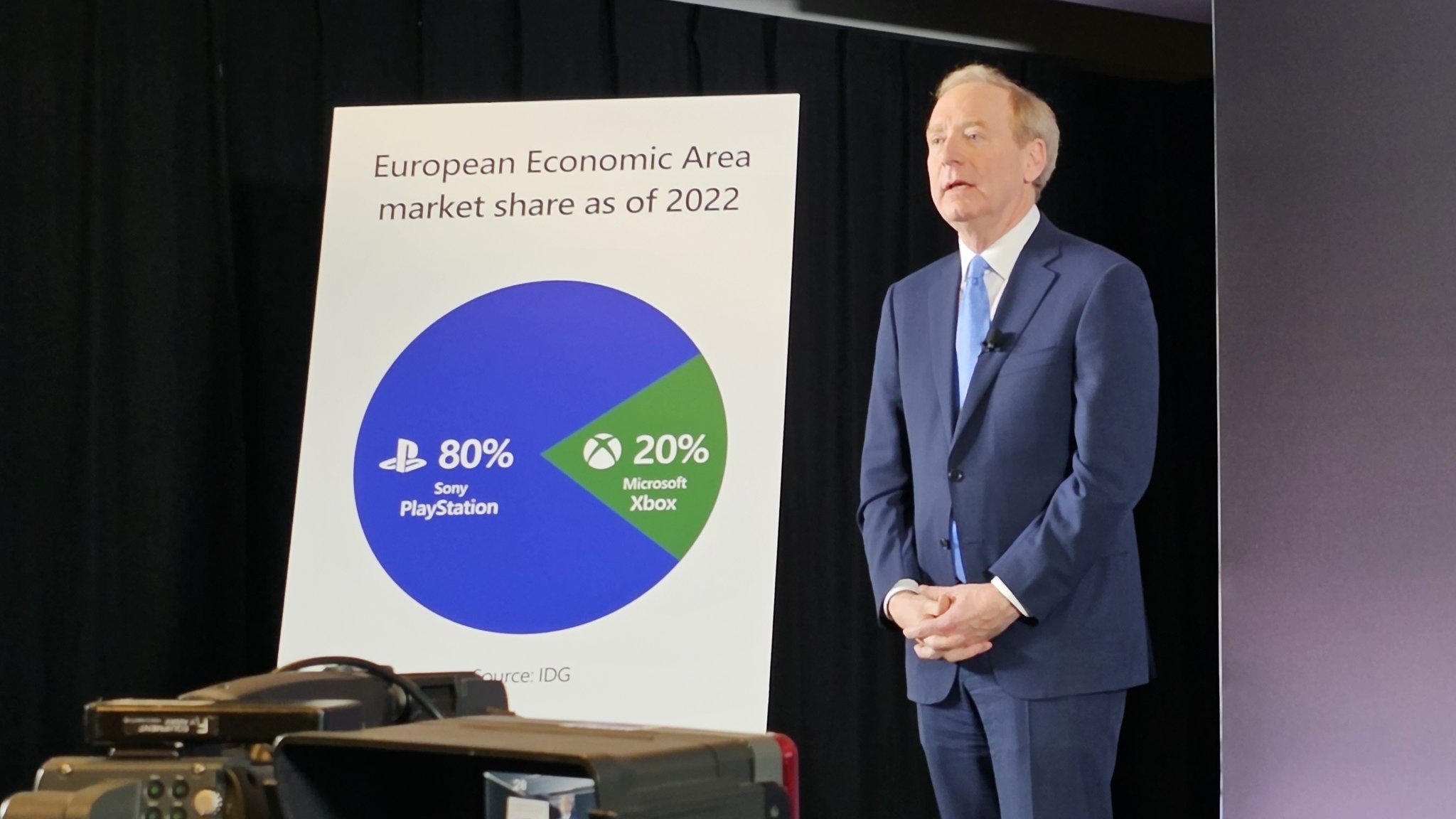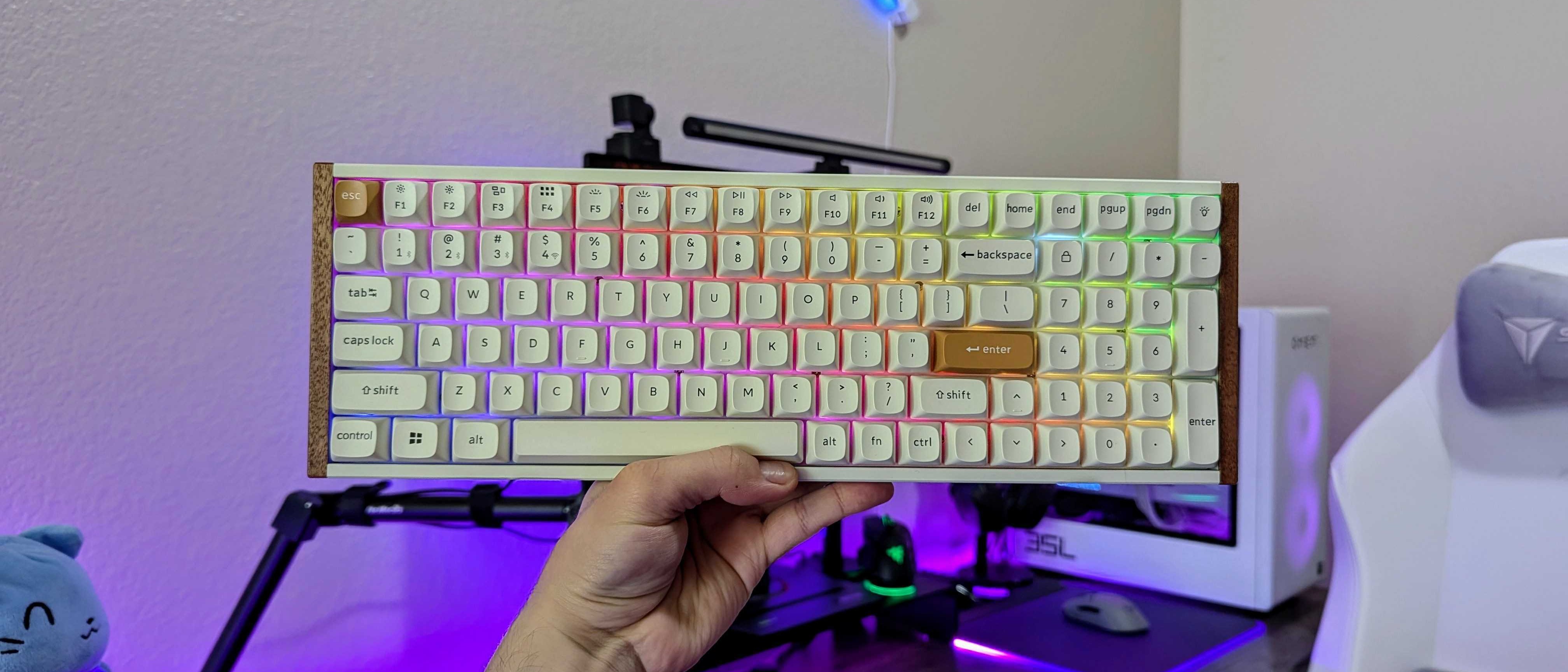During trade talks with Japan, a U.S. senator called out PlayStation's 'monopoly,' defending Xbox
The ABK deal goes geopolitical.

What you need to know
- The United States and Japan are currently in talks to expand co-operation in various areas.
- One of those areas is trade, and during a Senate trade hearing, Washington senator Maria Cantwell raised the issue of competition between Xbox and PlayStation in the region.
- Using the FTC's "high-end" console market designation, she referred to the fact Microsoft only has a 2% share when compared to PlayStation's 98%, criticizing trade commissioners for having allowed the "monopoly" to occur.
The Activision-Blizzard deal is so all-encompassing, it's even being brought up in trade talks between nation-states.
The United States and Japan are currently engaged in talks to expand co-operation, in light of a rapidly changing geopolitical landscape. One aspect of these talks involves trade, and surprisingly, senator Maria Cantwell raised the issue of competition between Xbox and PlayStation.
Recently, Microsoft held a press conference after conducting talks with the European Union over its deal to acquire Activision-Blizzard for $69 billion dollars. A big opponent of the deal is Japan-based multinational Sony, whose PlayStation platform remains the dominant player in the gaming landscape. Sony alleges that Microsoft could seek to foreclose the gaming giant by making games like Call of Duty exclusive to Xbox, something Microsoft vehemently denies. During its press conference, Microsoft fought back against the idea that it could negatively impact Sony's business following the deal while noting that it has only a 2% market share in Japan when compared to PlayStation's 98%. It seems these statements have made their way to the United States Senate.
At a Senate Finance Committee hearing with U.S. Trade Representative Katherine Tai (via Politico (paywall)), Cantwell referred to the FTC-defined "high-end" game market in Japan, as being utterly dominated by PlayStation. "I'm told that Sony controls a monopoly of 98% of the high-end game market, yet Japan's government has allowed Sony to engage in blatant anti-competitive conduct through exclusive deals and payments to game publishers." Cantwell went on to suggest that Japan's Fair Trade Commission had "failed" to investigate Sony's "exclusionary" conduct, and inquired how the region intended to create a "level playing field."
Tai responded, "That is absolutely an area that we are primed to address,” according to Politico. "This one is new for me, but let me take this back. I’m happy to follow up with you and your team on this."
Windows Central's Take

Given that the FTC popularized the theoretical "high-end console" market designation, it's not without a hint of irony to see it being used in this way.
Microsoft's "98%" figure was the subject of some controversy in the media because it obviously omits Nintendo from the equation. The irony here is that Microsoft is using the United States FTC's own arguments while framing these figures since the FTC pushed a "high-end console market" designation out of thin air to cut Nintendo from the argument. Ultimately, Xbox has seen some success in Japan so far in this console generation but remains a small player in what represents one of the world's most important markets.
Get the Windows Central Newsletter
All the latest news, reviews, and guides for Windows and Xbox diehards.
With the FTC's ideological opposition to the deal, the omission of Nintendo could be interpreted as intentional to favor Sony's arguments — since Nintendo doesn't have access to Call of Duty right now and does very well without it. If Microsoft can't point to Nintendo as an example of a console company that does well without Call of Duty, some of Sony's arguments won't land.
In any case, Microsoft has seemingly adopted the "high-end console market" designation and turned it in on itself, using it to showcase how dominant Sony is in markets beyond the United States. Microsoft did this quite prolifically in Europe, bringing out a theatrical pie chart on a big stand, showcasing how much Sony's market share dwarfs that of Xbox in the EU. They went further, describing how Xbox is a mere 2% to Sony's 98% in Japan, which of course, omits Nintendo entirely in the region. Nintendo is of course massively popular in Japan and across the world, and quite obviously does compete against PlayStation and Xbox. There's a vast cross-over between platforms in terms of content, in addition to the delivery and experience of the hobby. For most titles, if I buy a game on my Nintendo Switch, it's unlikely that I'm going to buy the same game again on my Xbox or PlayStation — as an absolutely basic example.
While Cantwell didn't mention Microsoft by name, it's clear which U.S.-based console competitor she was talking about. There are only two consoles in the mythical "high-end" market, after all. Perhaps if Cantwell had mentioned Microsoft by name, perhaps there could have been some back and forth about Windows' monopoly. But I digress.
The scale of this deal is having interesting ramifications across the entire regulatory sector, and it's unlikely to go away any time soon. Buckle in!

Jez Corden is the Executive Editor at Windows Central, focusing primarily on all things Xbox and gaming. Jez is known for breaking exclusive news and analysis as relates to the Microsoft ecosystem while being powered by tea. Follow on Twitter (X) and Threads, and listen to his XB2 Podcast, all about, you guessed it, Xbox!
